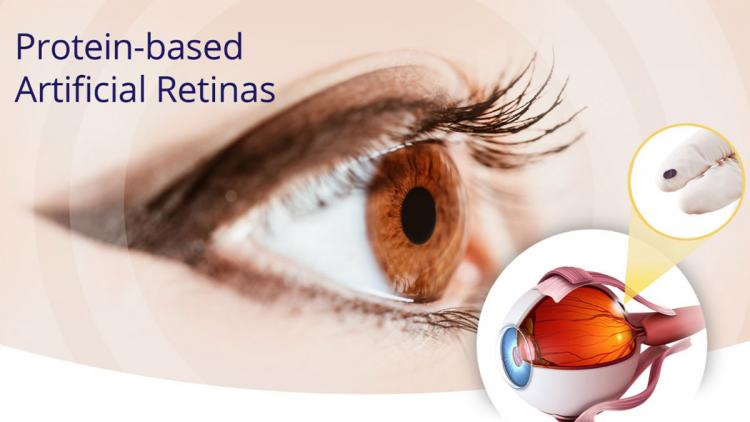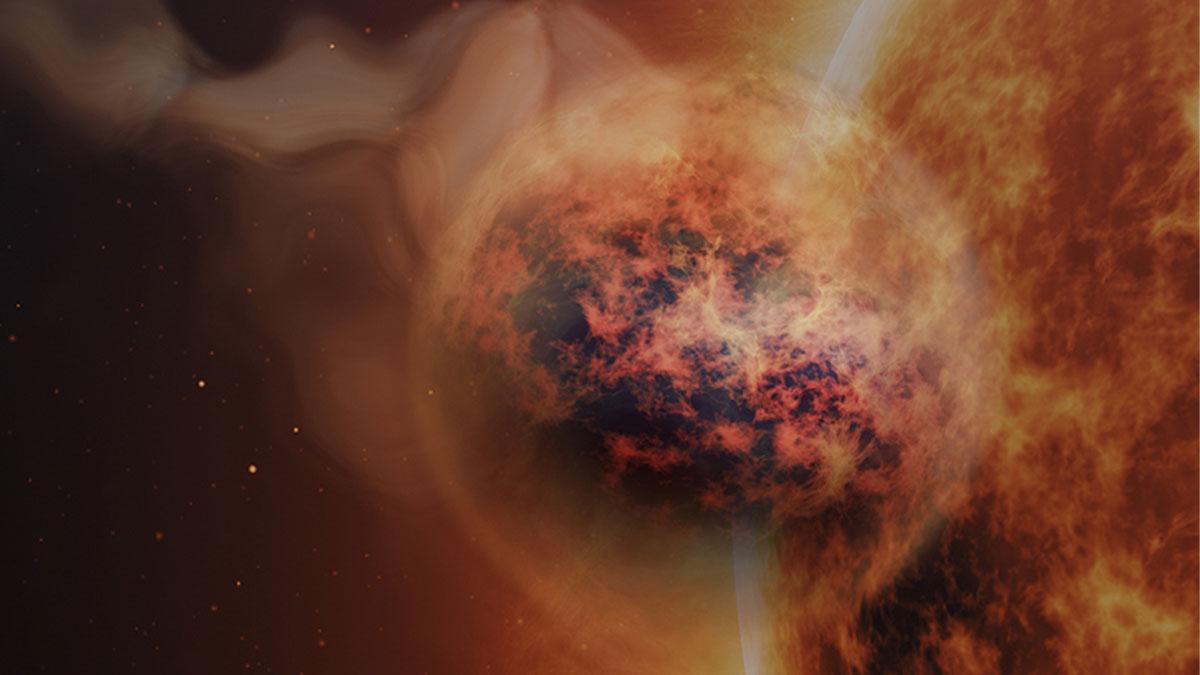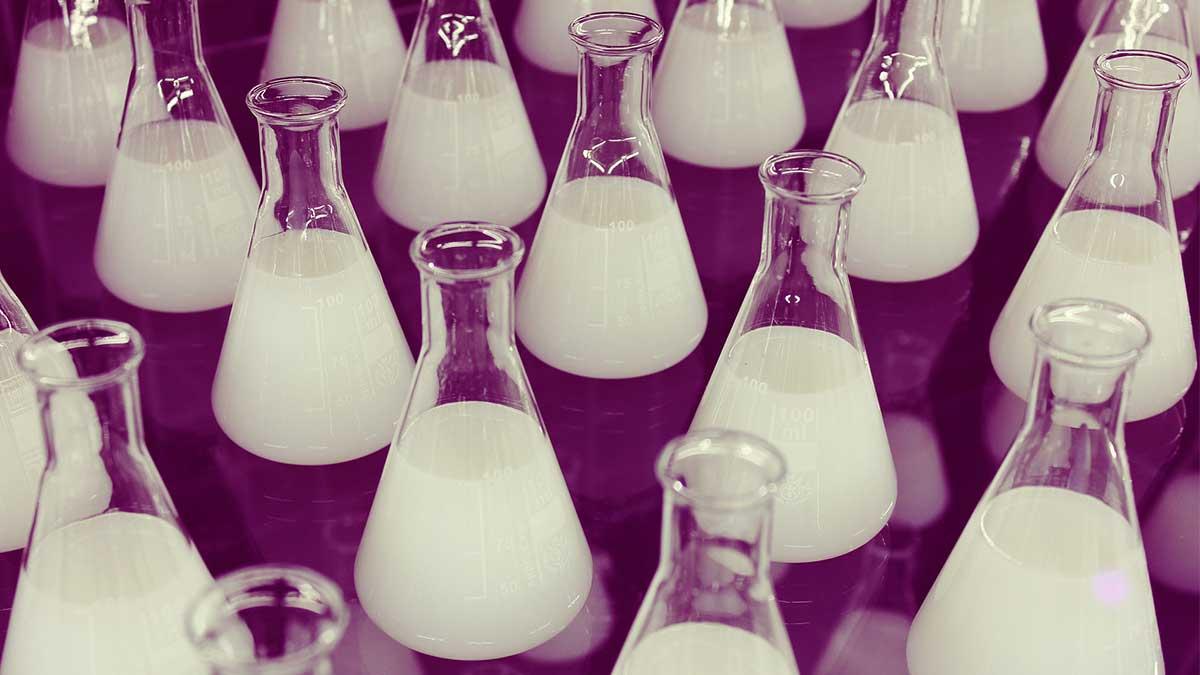A US-based pharmaceutical start-up, LambdaVision, is working on a groundbreaking initiative to manufacture artificial retinas in space in an effort to find a cure for blindness on Earth. The company plans to leverage the microgravity environment on the International Space Station (ISS) to develop a synthetic retinal implant that could restore sight to individuals with degenerative eye diseases.
LambdaVision aims to utilize a light-activated protein called bacteriorhodopsin in its protein-based artificial retina to address retinal degenerative diseases such as age-related macular degeneration (AMD) and retinitis pigmentosa (RP). As of now, there is no cure for these diseases, and available treatments only slow their progression.
The unique aspect of LambdaVision's approach involves using microgravity to enhance the layer-by-layer deposition process, a methodology traditionally conducted on Earth. Performing this process in a Low Earth Orbit (LEO) environment allows for improved homogeneity, stability, and performance of thin films, specifically the protein-based artificial retina.
Nicole Wagner, LambdaVision’s CEO, highlighted the advantages of microgravity in space, stating that it results in "nice even layers" of the protein with less wasted material. The company aims to be one of the first products manufactured in space for use on Earth.
LambdaVision, in collaboration with partner Space Tango, has conducted eight missions to the ISS since 2018. During these missions, the company developed and validated space-based laboratory techniques and manufacturing methods. Having met its goal of manufacturing multiple 200-layer artificial retina thin films in microgravity, LambdaVision is set to undertake its 9th mission to the ISS in 2024 and plans to initiate human testing in three to four years.
(With Agency Inputs)
Read also| UK scientists develop 'cosmic concrete' to build houses on Mars
Read also| UK scientists create new human embryo model with heartbeat


















